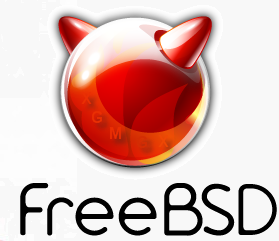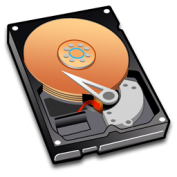FreeBSD is designed for users who got lots of spare time. Every once a while, it will give you some troubles (or “snacks” in programmer language), which help you to burn some of your spare time. If you cannot handle those troubles, then FreeBSD is not for you.
Although FreeBSD is a rock solid operating system, it is not smart enough to tell whether the owners (i.e., me and you) got plenty of spare time or not.
Anyway, comparing to Windows Server, I think FreeBSD is considered an honor student.
Okay, let’s go back to the error message. When I tried to update FreeBSD, I saw the following error:
===>>> All >> pkg-config-0.25_1 (1/1)
===>>> The devel/pkg-config port moved to devel/pkgconf
===>>> Reason: pkg-config has been replace by pkgconf
===> pkgconf-0.8.5 conflicts with installed package(s):
pkg-config-0.25_1
They install files into the same place.
You may want to stop build with Ctrl + C.
Again, this is an old-school error. The port-maintainer decided that the app A is too old, and he likes to replace it by app B. We all love the new stuffs, but we want the transition goes smooth. Apparently, it seems that the port-maintainer totally forgot about it.
So here is how to solve this problem:
sudo pkg_info | grep pkg
You will see something like the following:
pkg-config-0.25_1 A utility to retrieve information about installed libraries
Let’s delete it.
sudo pkg_delete -f pkg-config-0.25_1
Verify that the package has been deleted:
sudo pkg_info | grep pkg
Now try to install the package again:
cd /usr/ports/devel/pkgconf sudo make install clean
That’s it!
–Derrick
Our sponsors:









